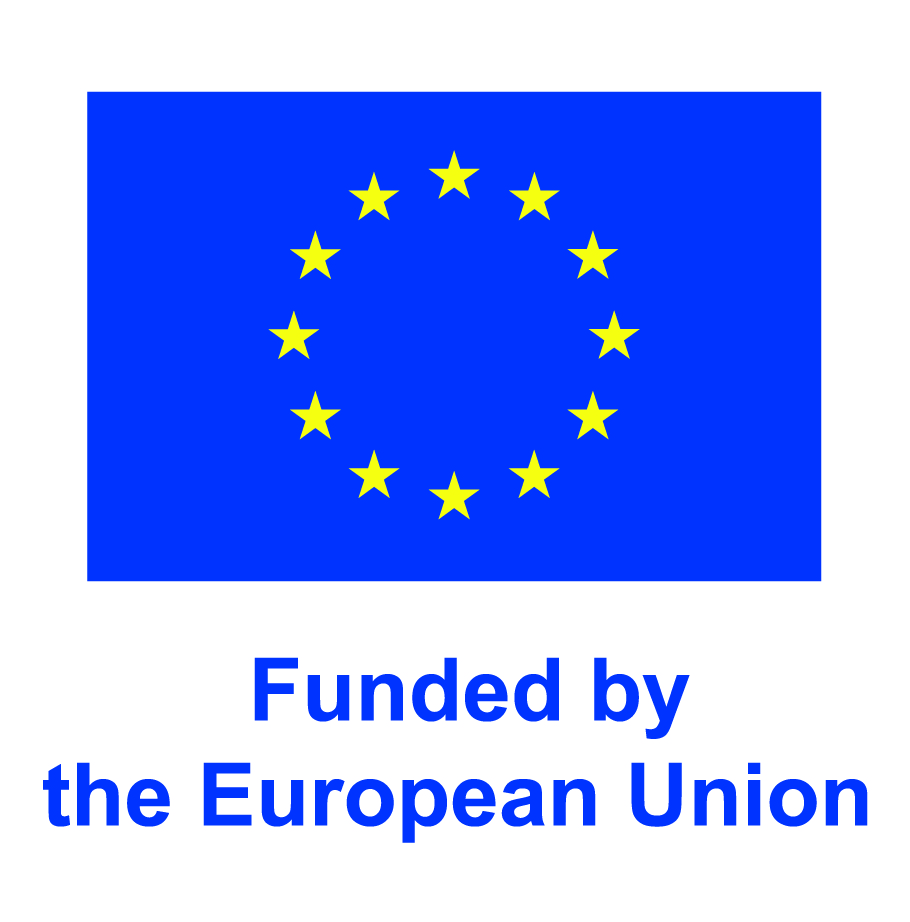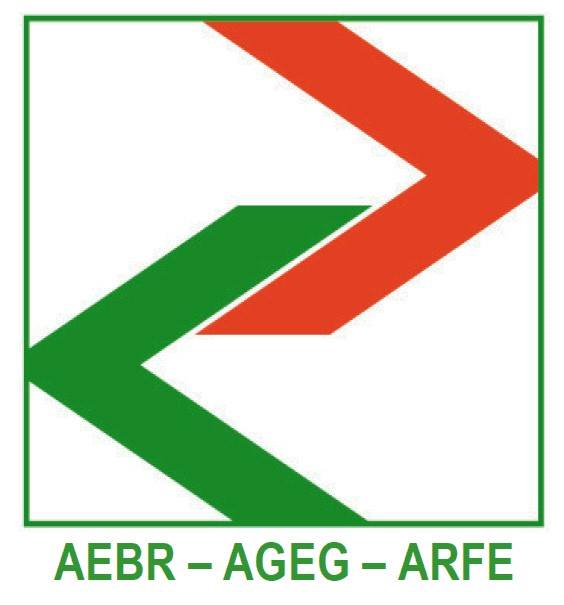My name is Yiannis, I’m 26 years old and from Greece. Over the past two months, I’ve been part of the Interreg Euro-MED Germ of Life project through the IVY (Interreg Volunteer Youth) programme. This transformative experience has allowed me to combine my climate science background with meaningful on-the-ground work, contributing to a wider Mediterranean effort focused on assessing and managing drought risk.
Germ of Life: Uniting the Mediterranean for Climate Resilience
The Germ of Life project is co-financed by the Interreg Euro-MED programme, bringing together ten partners from six Mediterranean European countries, namely Greece, France, Spain, Portugal, Italy and Cyprus. Its goal is the development of a digital drought risk preventative management system, focused on prediction and monitoring of drought severity, ultimately supporting ecosystem restoration and climate adaptation.
This initiative combines nature-based solutions (NBS) and cutting-edge digital technology: AI-powered early-warning tools, standardized drought indicators, shared monitoring frameworks, and pilot demonstrations, designed to help make local ecosystems across the Mediterranean more resilient. Together, these efforts represent a proactive, preventive strategy for drought risk management that is grounded in data, rooted in nature, and tailored for real-world impact. And the best part? The final tools and results will be available to anyone interested, and who wants to use them.
My Role: Climate Data Analysis
Within this framework, I serve primarily as a meteorological and climatological data analyst, focusing on rainfall, temperature, soil moisture, drought indices, and vegetation stress indicators, derived from models, satellites and meteorological stations. My host organization, the University of Patras, acts as the project’s scientific coordinator and advisor, overseeing data curation protocols and guiding the integration of this data into AI models, helping predict drought severity, frequency, and vulnerability across the targeted landscapes.
The Importance of Regional Engagement
But science without community is incomplete. In Western Greece, and especially Aigialeia and the surrounding vineyard areas, we’ve launched pilot activities in collaboration with the Region of Western Greece (another major partner) and the Laboratory of Atmospheric Physics of the University of Patras. A highlight of these activities was the installation of a state-of-the-art meteorological station, that provides real-time local data, enhancing both our scientific monitoring network and the community’s understanding of environmental dynamics and climate change. Similar pilot initiatives took place, or are underway, in selected regions of Italy, Spain, and Portugal.
One of the most rewarding aspects has been bringing these tools to life for local farmers and vineyard owners, whose livelihoods depend on the land and its climate stability. With the invaluable help of the region of Western Greece, and through the visualization of results and simplified, hands-on communication, we have managed to engage an even larger percentage of local stakeholders. The response has been so positive that the regional government has installed two additional meteorological monitoring stations, with further plans and requests underway to expand the network. This is great news, as it allows for a better representation of Aigialeia’s climate, that is strongly affected by its complex geography! It also showcases the importance of data-driven solutions, and how they can empower local shareholders and communities.
A Personal and Professional Transformation
This hands-on outreach, combined with technical work, has made my volunteering experience incredibly well-rounded. It pushed me to step outside the comfort zone of data and try to communicate complex ideas in accessible ways.
What stood out the most was the shared sense of purpose. Despite the differences in background, we all recognize the urgency of protecting our ecosystems and preparing for a rapidly changing climate. And through cooperation, we’re able to develop more holistic, inclusive solutions.
As “Germ of Life” progresses, I’m eager to see how our combined efforts in modeling, monitoring, and mobilizing, translate into greener, more drought-resilient communities. Personally, I’m inspired to continue on this path, blending environmental research with policy work that leads to practical, real-world impact.
– Ioannis, IVY Project Partner at University of Patras, for the Interreg project GERM OF LIFE, under the programme Interreg Euro-MED.


